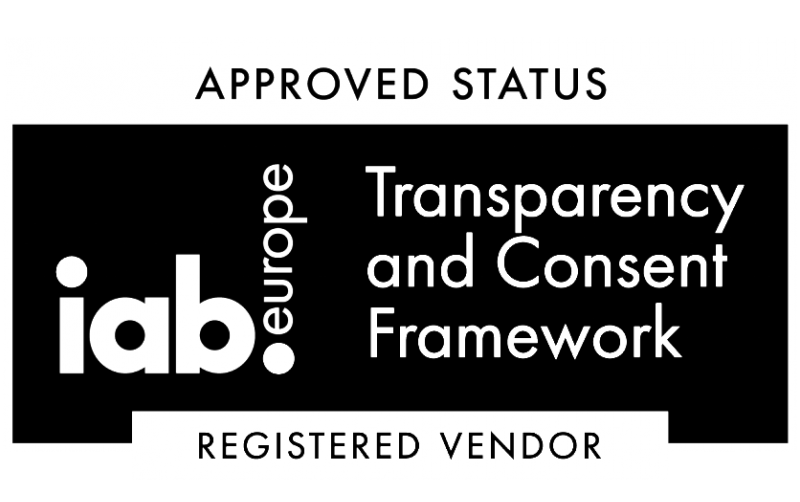EU Digital Identity: A Step Towards Safer Digital Payments

The European Union (EU) Digital Identity project, spearheaded by the European Commission, marks a significant leap towards creating a secure and straightforward system that enables citizens and businesses to access online services across the region. While this ambitious project is not specifically designed for payments, it paves the way for a future of more secure and efficient digital transactions within the EU.
The EU Digital Identity is based on a personal digital wallet. This tool allows users to securely store their identity information, including crucial data such as their name, address, and ID number. Additionally, it facilitates access to both public and private sector online services using this digital identity for authentication. This functionality aims to simplify and secure access to a wide range of services, promoting greater digital integration in the region.
One of the most notable aspects of this initiative is its potential to transform the online payment experience. Although not its primary goal, the EU Digital Identity could significantly enhance digital transactions. A key advantage is secure authentication. The verified digital identity of the user could be used for authentication on online payment platforms, greatly reducing the risk of fraud. This added level of security is crucial in a world where cyber threats are increasingly sophisticated and frequent.
Moreover, the EU Digital Identity could simplify cross-border payments within the region. Currently, making payments in different EU countries can be a tedious process that requires repeatedly entering data on various platforms. With a unified digital identity, this process could be greatly streamlined, removing barriers and facilitating cross-border trade. This simplification would benefit not only consumers but also businesses operating in multiple European markets.
Another significant benefit is enhanced data protection. In a context where privacy and personal data security are key concerns for users, the EU Digital Identity could offer an additional level of protection. By centralizing and securing identity information, online transactions can be conducted more safely, protecting users’ sensitive information from unauthorized access and security breaches.
The EU Digital Identity project is currently in the development phase. In April 2023, four large-scale pilot projects were launched to test the digital identity wallets in real-world scenarios. These pilots are crucial for evaluating the system’s functionality and security before its widespread implementation.
According to the European Commission, the EU Digital Identity is expected to be available to all EU citizens, residents, and businesses in the coming years. This testing phase is essential to identify and resolve potential issues before the system is rolled out on a large scale.
The importance of this project lies not only in its ability to facilitate access to online services but also in its potential to transform the European digital economy. With a secure and universal digital identity, the EU could consolidate its single digital market, promoting innovation and competitiveness in the tech sector. The EU Digital Identity could become a global model, demonstrating how digital integration can enhance the security, efficiency, and accessibility of online services.
In this context, it is relevant to mention that the EU Digital Identity could also have a significant impact on e-commerce. According to an article by Silicon,this unique digital identity could reduce the costs associated with identity verification and authentication in online commerce. This would not only make transactions faster and more efficient but also increase consumer confidence in e-commerce, as their data would be protected by a robust and centralized system.
In conclusion, the EU Digital Identity represents a crucial step towards a future of safer and more efficient digital payments. Although the project is still under development, its potential benefits for secure authentication, simplified cross-border payments, and data protection are undeniable. As the EU progresses with the implementation of this system, citizens and businesses can look forward to a more secure and cohesive digital environment. The integration of a unified digital identity could revolutionize the way we interact with online services, setting a new standard for security and efficiency in the digital world.
Stay tuned!

- Contacto DPO: privacy@telecoming.com
- Finalidad del tratamiento: suscripción al blog.
- Legitimación del contrato: consentimiento.
- Destinatario de cesiones o transferencias: no se efectúan transferencias de datos fuera de la UE.
- Derechos de las personas interesadas: acceso, rectificación, supresión, oposición, limitación del tratamiento, portabilidad de los datos e interposición de reclamación ante la AEPD.



